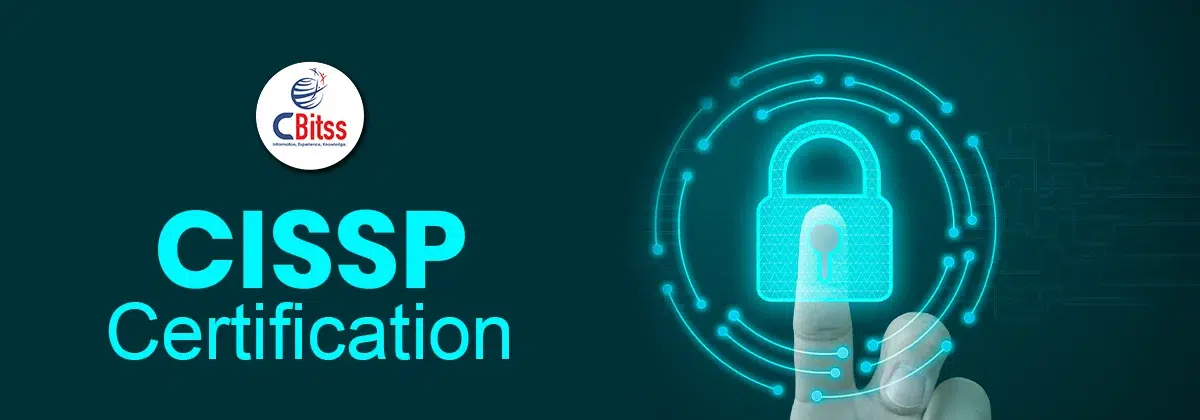Table of Contents
ToggleIntroduction
Movies and web shows are all the rage in the world right now. The world of cinema was thought to be dead after the immense popularity of streaming apps like Netflix and Amazon Prime. However, the silver screen will always have its charm. The number of people who reach Mumbai these days just to test their luck is unbelievable sometimes.
However, it has always been like this. But not everyone who goes to Mumbai is in search of acting roles. Some people have different skills that they want to share with others. Professionals such as writers, content creators, lyricists and whatnot. Video editors are some of the most important people present in a movie or any feature web show. Without an experienced and skilled editor in the team, you cannot imagine creating videos in this day and age.
Furthermore, with the rise of social media, streaming platforms, and the increasing demand for high-quality video content, the role of a video editor has never been more critical. Whether you’re aiming to pursue a career in film, television, advertising, or online content creation, knowing what to study to become a video editor is the first step on this exciting and creative journey.
Why Video Editors Are in Demand
- Video editors play a crucial role in the post-production phase of filmmaking and content creation, working closely with directors and producers to bring their vision to life. To become a skilled video editor, you need to have a blend of technical knowledge, creative vision, and practical experience.
- With more businesses shifting to digital media, the demand for high-quality video content on platforms like YouTube, Instagram, and corporate websites has skyrocketed, expanding the video editing career scope into areas like marketing, branding, and education.
- Furthermore, editing is not just limited to films or documentaries. YouTube creators, social media influencers, and online educators all need skilled editors to help them deliver engaging and professional content.
1. Mastering Editing Software
Firstly, you need to have a good understanding of the technical skills required to operate video editing software. Adobe Premiere and DaVinci Resolve are some of the most popular video editing software programs used by professionals in the industry. You need to be familiar with the tools and features offered by these programs to edit videos effectively.
Additionally, enrolling in an Online video editing course allows you to practice with professional tools at your own pace and convenience.
2. Understanding Storytelling and Film Theory
Secondly, knowledge of film theory, storytelling techniques, and the production process will enhance your ability to edit effectively. Courses in cinematography, screenplay writing, and film history can provide valuable insights into creating compelling narratives.
You also get to explore the video editing career scope and how editors shape the visual storytelling process across industries.
3. Exploring Motion Graphics and Visual Effects
Thirdly, familiarity with graphic design principles and animation can elevate your editing projects. Adobe After Effects and Photoshop are some of the software programs you can study to incorporate visual effects and graphics into your edits.
Those interested in visual storytelling can also learn logo designing to enhance brand videos and content thumbnails.
4. Audio Editing and Sound Design
Fourthly, since sound is half the experience in video, understanding audio editing is crucial. You need to learn how to manipulate audio tracks, sound effects, and music to complement the visual elements.
Sound mixing also plays a vital role in YouTube content—an area booming with opportunities. You can explore smart ways to get YouTube subscribers fast by improving both audio and video quality in your content.
5. Media Management and Organization
Fifthly, you need to learn about media management and organization. Efficiently managing files, backups, and workflow is critical in video editing projects.
Understanding the right tools is key. Refer to this graphic design tools list to integrate design elements smoothly into your workflow.
6. Practical Experience and Portfolio Building
Lastly, practical experience is key. You need to work on projects to apply what you’ve learned, experiment with different styles and techniques, and build a portfolio to showcase your work.
Keeping up with the latest design trends can also help you add fresh visual appeal to your edits and stay relevant in the competitive market.
Video editing course in Chandigarh:
Video editing course in Chandigarh, with its burgeoning media industry, offers a range of opportunities for aspiring video editors to learn and grow. Several institutions and academies in Chandigarh provide specialized training courses in video editing.
These courses are designed to equip students with the necessary skills and knowledge through practical, hands-on experience. They cover various aspects of video editing, from basic editing techniques to advanced visual effects, under the guidance of experienced professionals.
With institutes focusing on creativity and professionalism, students also learn how to apply the best color combinations to improve visual storytelling and brand impact.
Networking opportunities and industry exposure provided by these courses can also be invaluable for budding editors looking to break into the field.
Master editing techniques and tools that shape professional video production success.
Career Scope and Future Trends in Video Editing
Video editing is not just limited to film or television anymore. It spans social media marketing, online education, gaming, and even virtual reality.
As visual content continues to dominate online platforms, the future of graphic designers and video editors appears increasingly intertwined. Both fields are essential for creating engaging multimedia experiences.
Conclusion
In conclusion, becoming a video editor is a journey filled with learning and creativity. However, it requires a dedication to mastering technical skills, a deep understanding of storytelling, and the drive to continuously experiment and refine your craft. Whether you choose to pursue formal education, online courses, or self-taught learning paths, the key is to remain passionate and persistent. Further, with the right mix of skills, experience, and creativity, you can carve out a successful career in video editing, contributing to the magic of film and media production.
Discover the right courses, tools, and skills to start your editing journey.
FAQs
Do I need a degree to become a video editor?
• Though not required, a degree in film studies or media production can offer a competitive edge in job hunting.
What are the key software tools I should learn?
• Essential tools for video editors include Adobe Premiere Pro, Final Cut Pro X, DaVinci Resolve, After Effects, and Photoshop.
How long does it take to become proficient in video editing?
• Proficiency depends on your learning pace, practice, and dedication. Typically, it can take anywhere from several months to a few years to become skilled.
Is video editing a viable career option?
• of course, with increasing demand for video content, video editing presents a lucrative career choice across diverse industries.
Can I learn video editing online?
• Absolutely. There are numerous online platforms and courses available that offer comprehensive training in video editing, from beginner to advanced levels.
What is the average salary of a video editor?
• However, salaries vary widely depending on experience, location, and industry. Therefore, video editors can anticipate competitive wages, with potential increases as experience grows and portfolios develop.

J. Julia Kamei is a professional content writer with 4+ years’ experience creating impactful content for clients in the USA, India, Canada, the UK, and Europe. An M.A. History graduate, she specializes in immigration, business, IT, digital marketing, AI, and Data Science. She also mentors students for international education and research.







